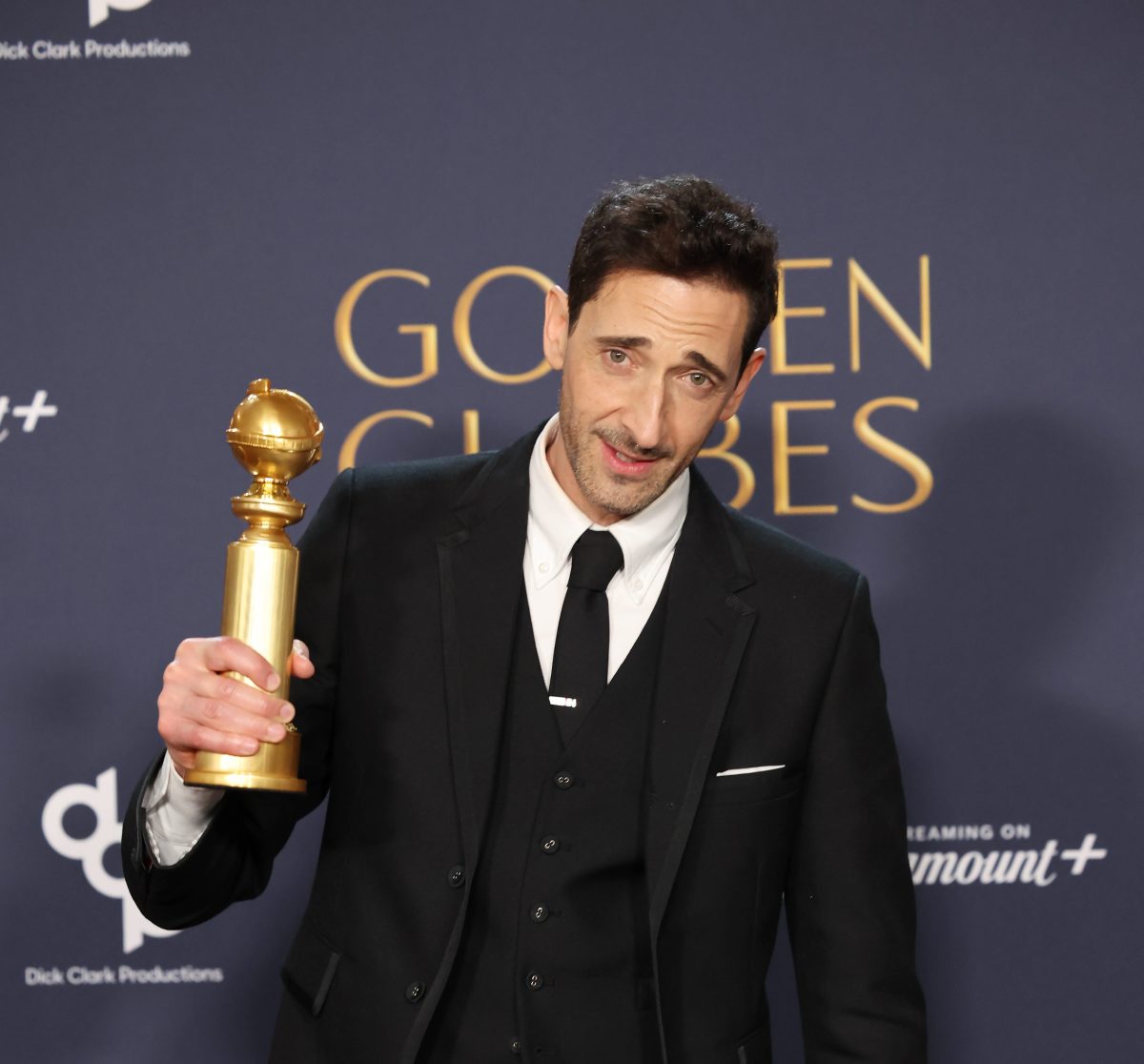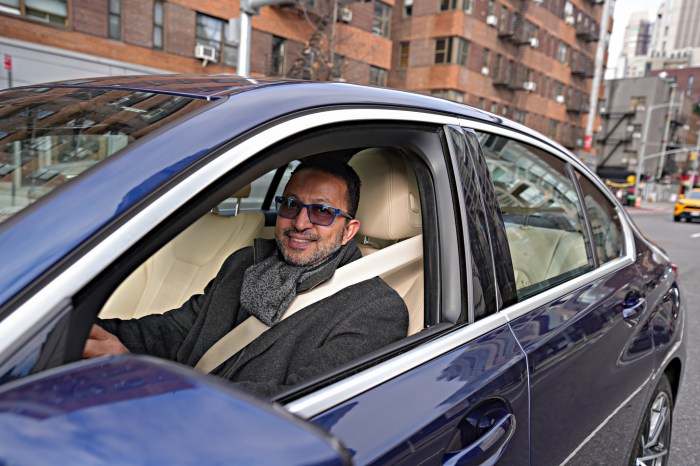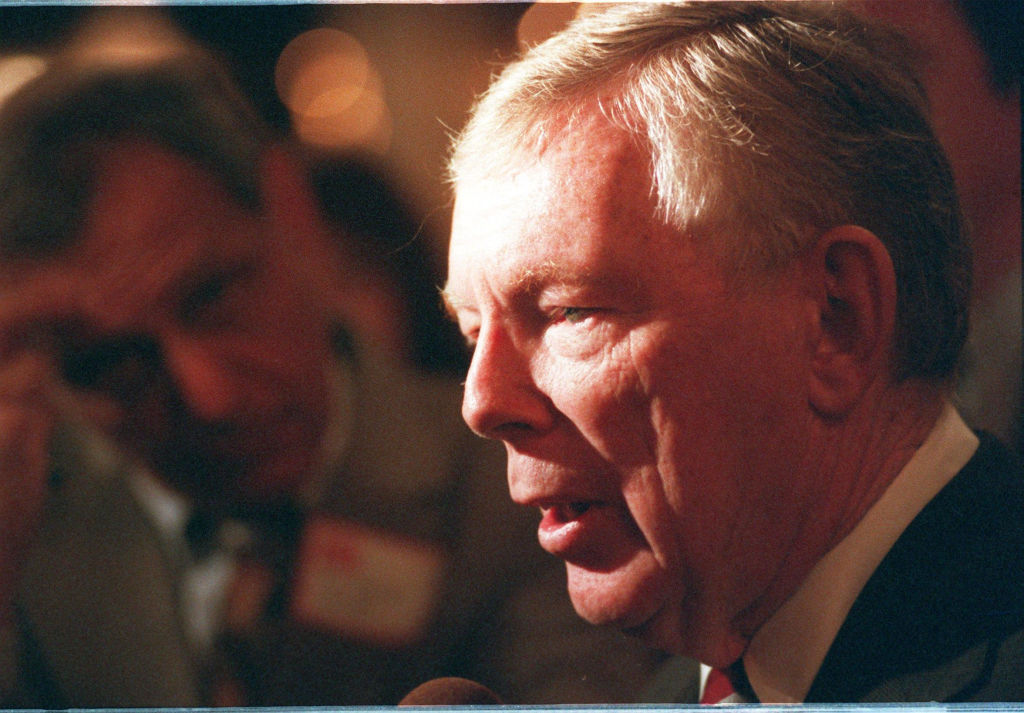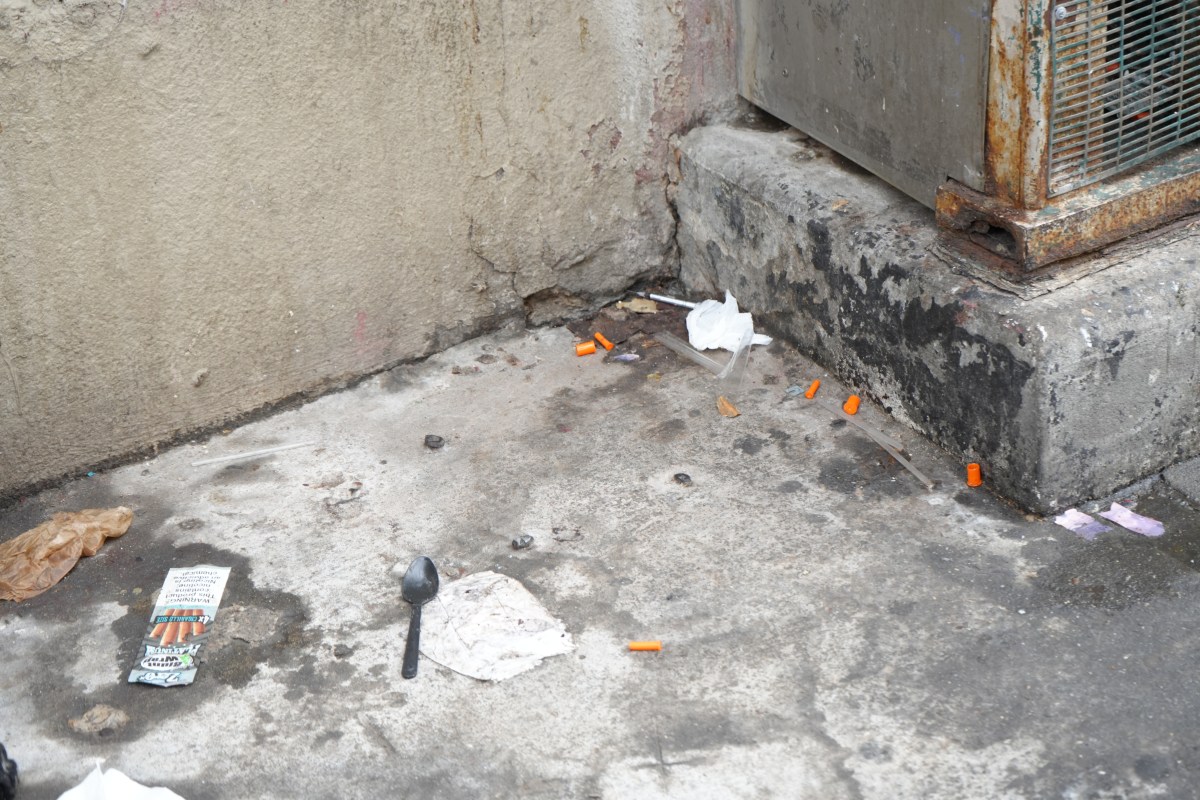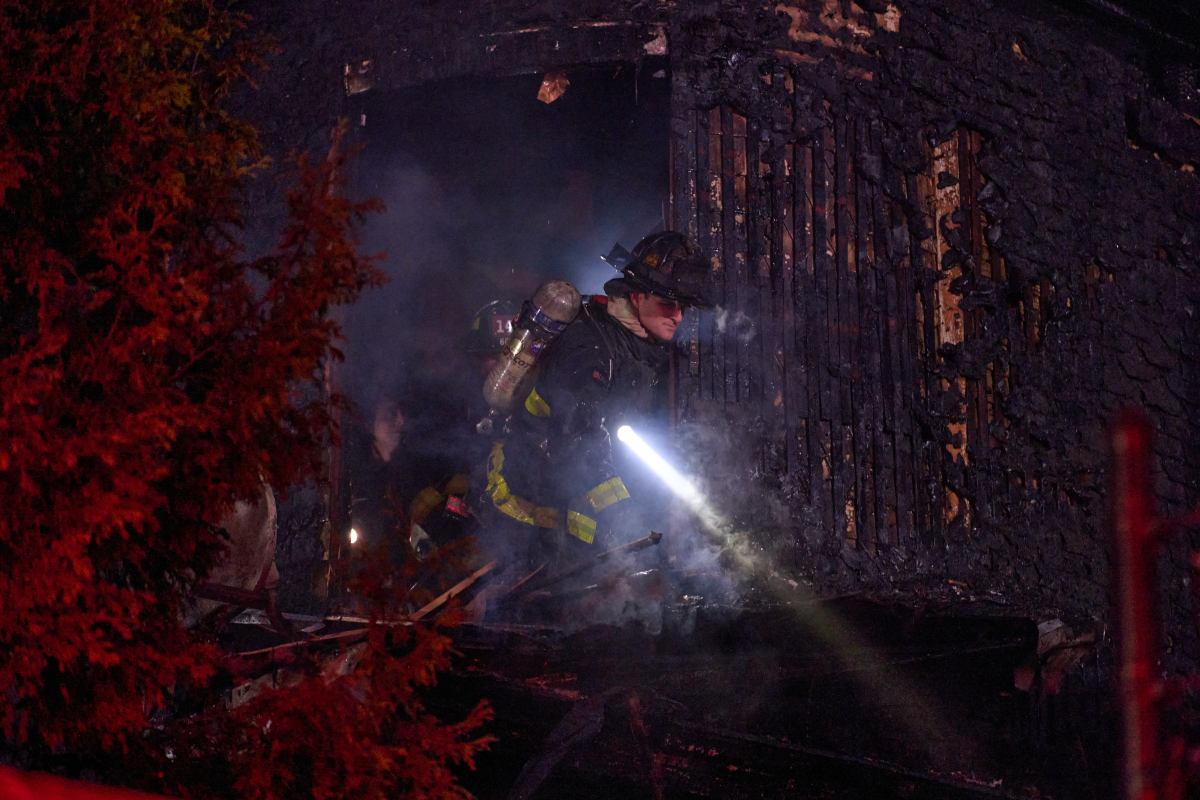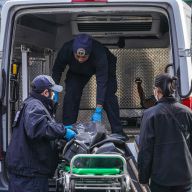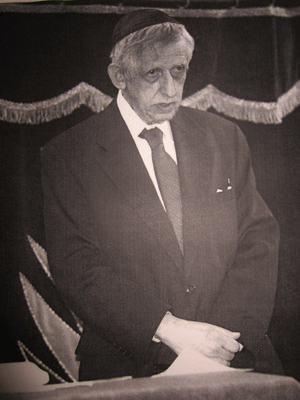
BY HELAINA HOVITZ | Hundreds gathered at the Wall Street Synagogue at 47 Beekman St. on Wed., Oct. 10 for a memorial service held in honor of the late Meyer Hager, who passed away at New York University’s Institute of Rehabilitation Medicine on Sun., Oct. 7 after surgery. He was 76.
The sudden death of the synagogue’s chief rabbi shook the entire community. Just days before his death, many residents of Southbridge Towers, where the rabbi lived, saw him walking around the neighborhood, smiling and asking them how they were doing, just like he always had.
Hager was rushed to the hospital by his brother, Rabbi Moshe Hager, on Sat., Oct. 6 after complaining of severe stomach pain; his colon had become infected following a routine colonoscopy one month prior. Doctors operated on him immediately, but Rabbi Hager did not recover from the operation.
“This is a huge loss for the Downtown community,” said Hanover Square resident Joel Kopel, who belongs to the synagogue’s core group of members known as the minyan. “The rabbi was our spiritual and moral compass. There will be a tremendous void.”
His death came just three weeks after Rosh Hashanah. In celebration of the holiday, the rabbi had an annual tradition of visiting patients at the neighboring New York Downtown Hospital to ring in the Jewish New Year by blowing the shofar, a religious horn.
Even while in pain following the colonoscopy, the rabbi went out of his way to help others. Late last month, Hager visited Michael Kay, another member of the minyan, at his home in New Jersey to comfort him as he mourned the loss of his mother. Hager first became part of Kay’s life 20 years ago when his father died.
Hager, a soft-spoken man with a warm, easy smile, became a father figure to countless other men after their fathers passed away, providing them with boundless comfort and hope.
Several people at the service spoke of the rabbi’s unrelenting kindness. “His suggestions came from a genuine place of kindness and empathy, which instantly opened my heart up to him,” said Jeffrey Wein, a member of the congregation.
Although Rabbi Hager had no children of his own, the minyan of the Wall Street Synagogue, as well as the rest of the congregation, became a part of his extended family. He adored children and often frequented neighborhood stores to stock up on small toys and candy. He always had an open hand full of these baubles, gifts he gave out not only on holidays but all year round.
“Giving out those little gifts is what gave him his greatest pleasure,” said Kopel. “He was happiest when little kids were in the Shul, even crying babies.”
The initiative to create a Hebrew school at the Wall Street Synagogue was Hager’s own, as was the idea to start holding annual Purim and Hanukkah parties, which have become beloved holiday traditions for the local community.
While his age was a well-kept secret, his legacy of acceptance, wisdom and compassion was timeless. Relaxed and unpretentious are other words commonly used to describe Hager — traits that are atypical of most other rabbis, according to members of his minyan.
The rabbi remained humble and modest, seeking no recognition for the good that he did, according to minyan Ron Stein. “There are people who do things for others and claim a lot of credit for it, but he’d never do that,” he said. “His notion was that everybody, no matter who they were, was welcome to come in. No questions asked, he was there to listen.”
Kopel echoed that while a Shul — the Yiddish word for prayer space — usually caters to one specific Jewish sect, everyone intermingled at Hager’s house of prayer. “Everyone belonged, and everyone was welcome. That came straight from the top, under his leadership,” he said.
Rabbi Hager was equally welcoming to people of other faiths, according to Southbridge Towers resident Ondina Nieves, who said he always personally invited her to parties and celebrations at the synagogue. “He knew I wasn’t Jewish, but that didn’t matter. He’d always tell me, ‘We’re gonna have something this week, come by and have some latkes!’” Nieves said.
On Sept. 11, 2001, Hager stood vigilantly at the synagogue’s entrance, welcoming in all those looking for help, guidance and solace — including the men at the neighboring firehouse. From then on, Hager kept his doors open for the men of Engine 6, with whom the synagogue shares a wall.
“He was a big part of helping this house heal after 9/11,” said Engine 6 Captain Daniel Sheehan. “We looked after each other after that. He took care of us, and we looked after him.”
In closing the memorial service, Wein told the congregation spilling out onto Beekman Street that when he first started attending the synagogue, he would always take a seat far in the back of the Shul early in the morning. Each time, without fail, Rabbi Hager was there, holding out a welcoming hand and beckoning him forward.
“No matter what my mood was, it changed. He literally made my day,” said Wein. “He changed me, and I changed others with whom I came into contact. And that was how he touched the lives of so many.”



